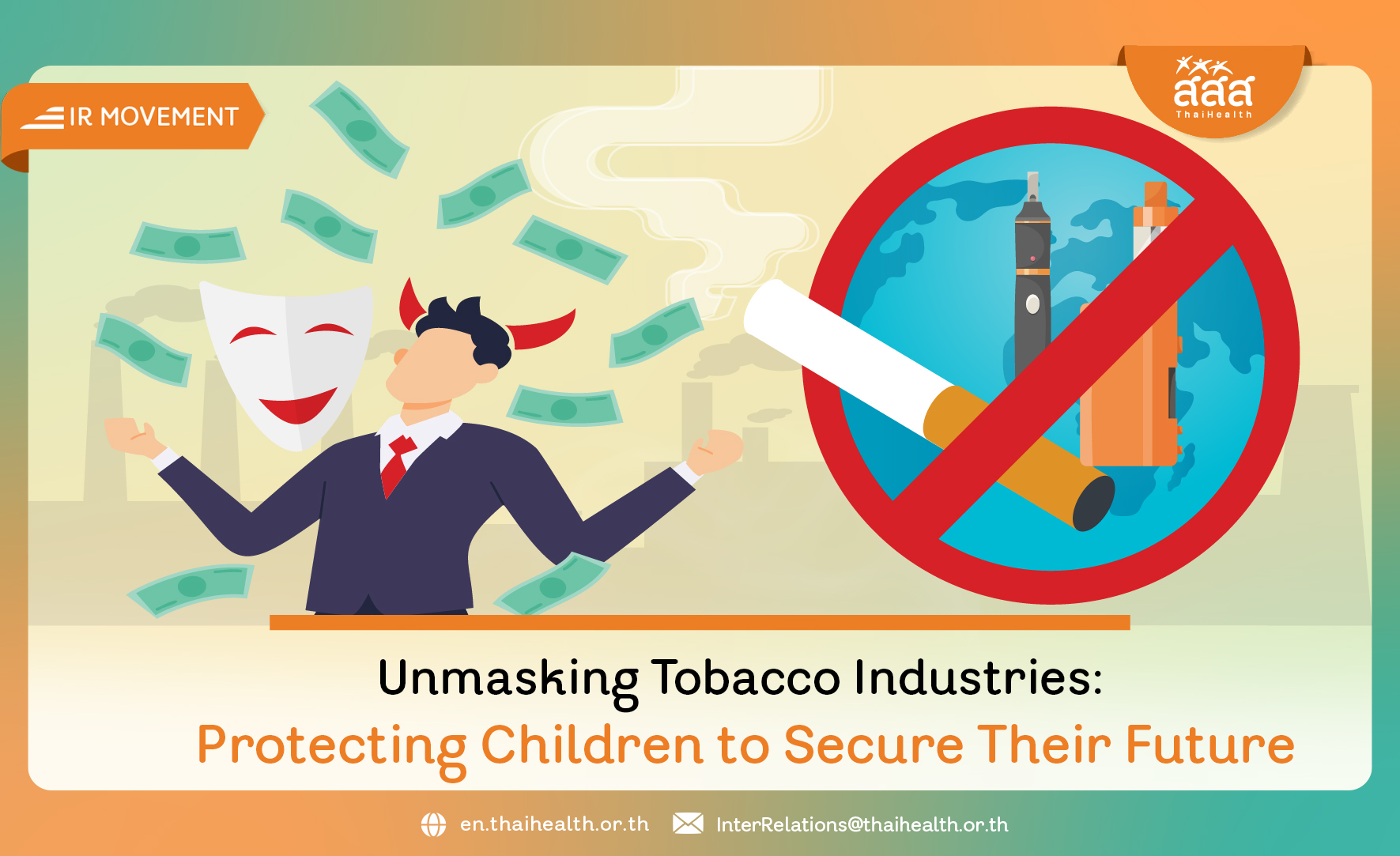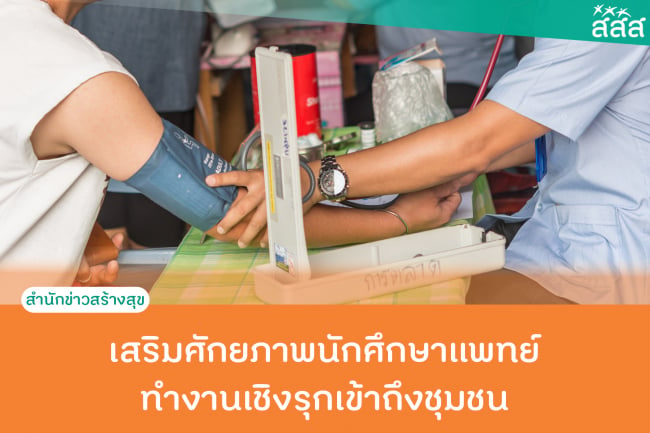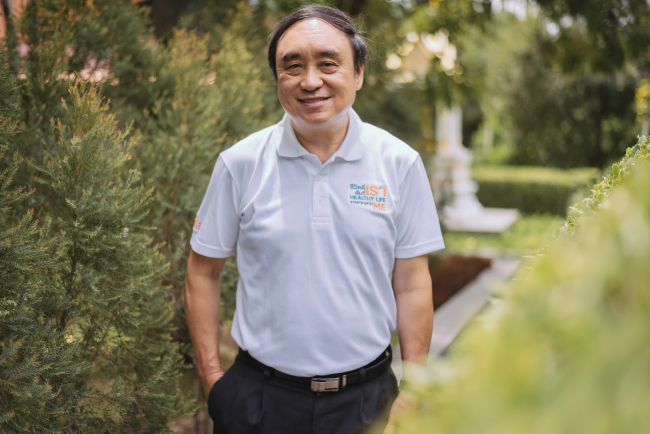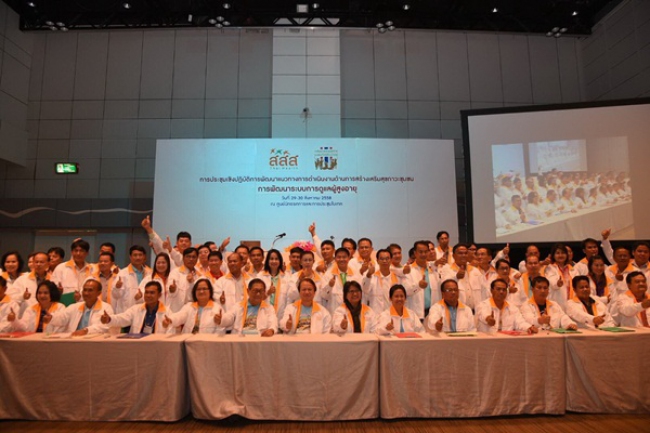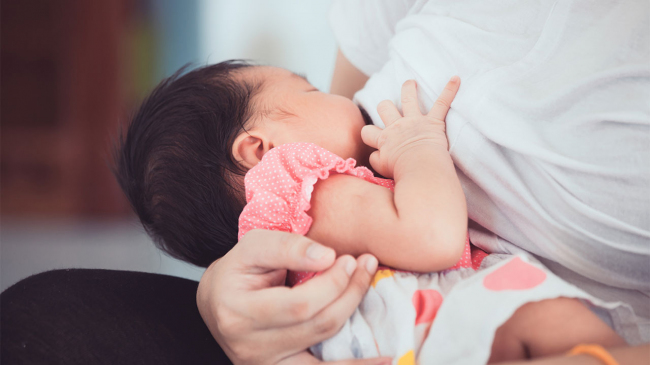
Breast milk promoted as human vaccine and survival amidst CoVid-19 crisis
The Thai Breastfeeding Centre Foundation and Thai Health Promotion Foundation (ThaiHealth) have jointly launched a promotion of breast milk as human vaccine and survival amidst CoVid-19 crisis as microorganisms in breast milk help human body enhance its immune system.
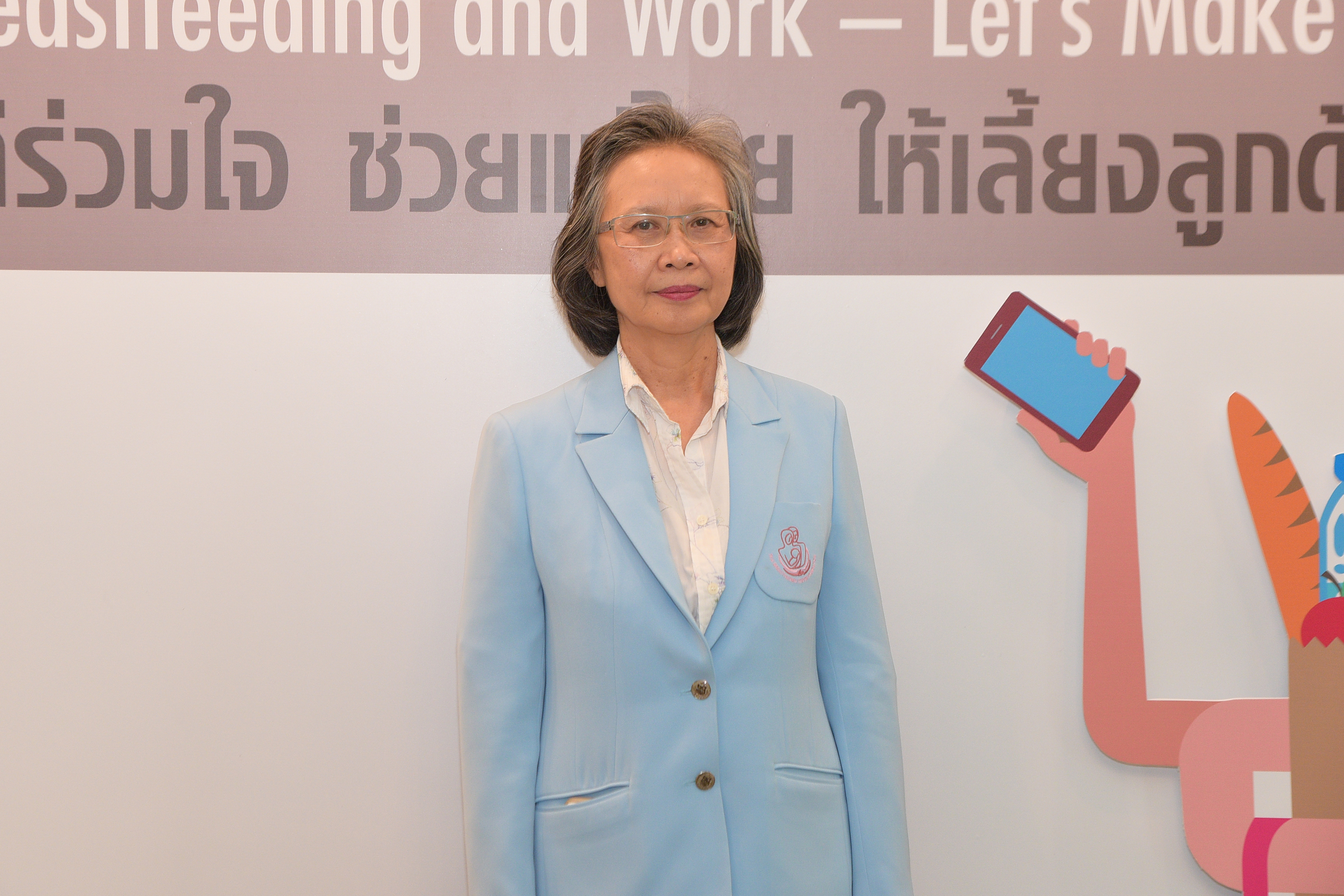
President of Thai Breastfeeding Centre Foundation, Dr Siriporn Kanchana, said that the Thai Breastfeeding Centre Foundation, with the support from ThaiHealth, realised the importance and benefits of breast milk in baby feeding, which is the only way to prepare babies for future health challenges amidst CoVid-19 crisis in terms of immunisation. Breast milk is empirically proven to contain not only immunising white blood cells that entrap and destroy pathogens, but also substances that work against several kinds of infection. Most importantly, breast milk also has human milk microbiomes, which is a kind of microorganism that enhance the immune system in babies.
“On the occasion of the World Breastfeeding Week and the Mother’s Day in Thailand, we would like to encourage every family to perceive the importance of breastfeeding and appropriate feed for babies aged 0 to 3 years to prepare them for future health challenges especially in terms of immunisation as proper feeding produces healthy children with less chance of illnesses. Even better if the mothers had been cured from CoVid-19 or properly vaccinated, they would certainly hold the necessary immune for CoVid-19 which could be transferred to their babies through breastfeeding. As vaccines against coronavirus for children have not yet been made available, breast milk could be the best makeshift vaccine during the time of crisis for babies. This is the only decent method to make immune up and running inside babies. Though studies have not yet been conducted officially, all parties are urged to encourage mothers to build and strengthen this breastfeeding society,” said Dr Siriporn.
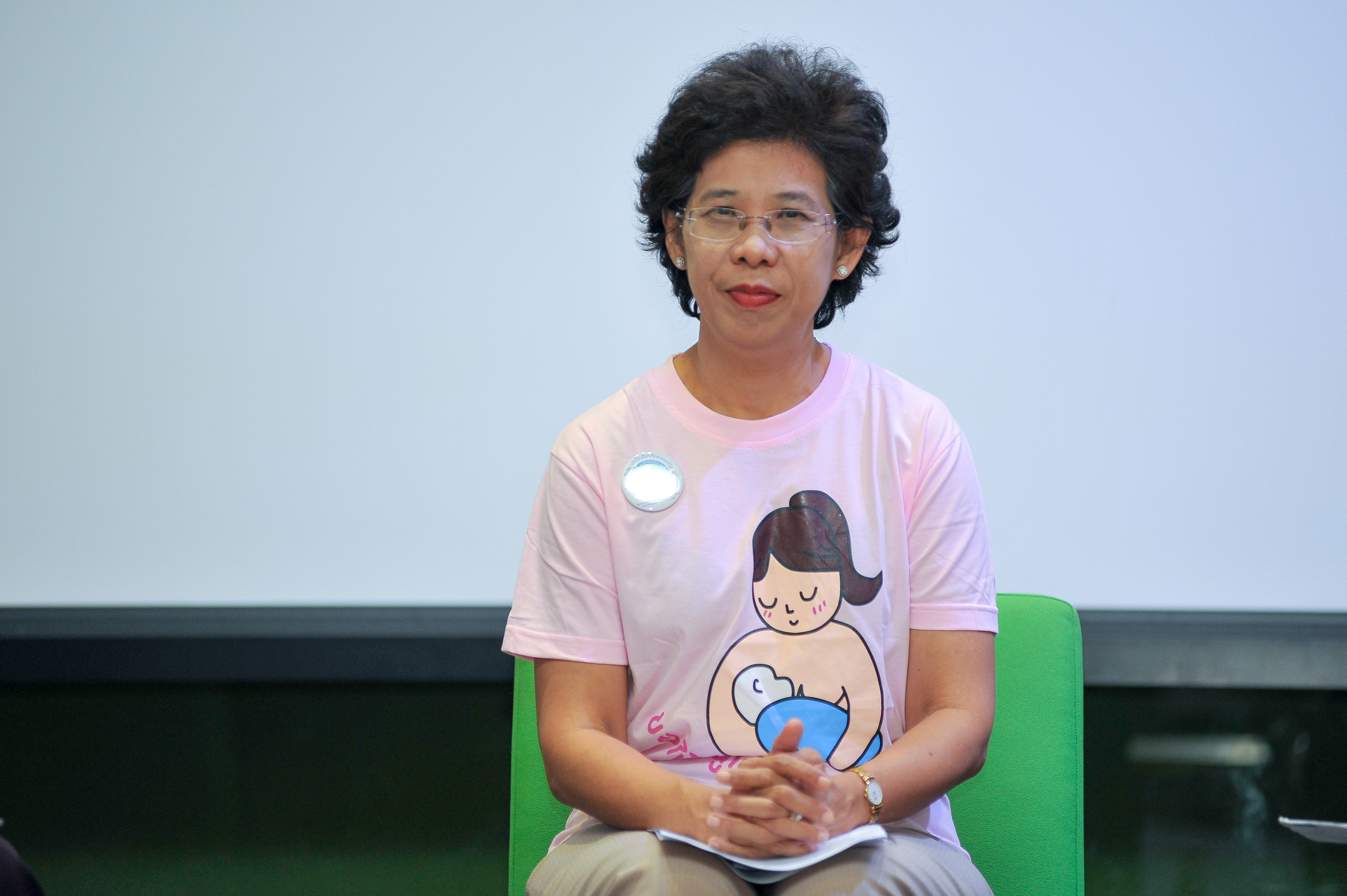
Meanwhile, Secretary of the Thai Breastfeeding Centre Foundation, Clin Prof Dr Siraporn Sawasdivorn, said that healthy microorganisms in breast milk are more or less identical to those in our body – skin tissues in our mouth, digestive system, nasal, pulmonic, ocular conjunctives, and in bodily secretions such as saliva, breast milk, and vaginal fluid. These microscopic beings are living in harmony in our organs and helping to protect their habitats from unauthorised intrusions. Those living in breast milk are bound to protect the respiratory digestive systems from unhealthy microorganisms. The immunisation of babies is transferred from mothers in the period of three months before delivery when babies start to swallow the surrounding amniotic fluid while passively inherit the immune needed. However, the changes in immunisation depend largely on the types, proportions, and variety of healthy microorganisms through methods of delivery, breastfeeding, and appropriateness of alimentation.
Clin Prof Dr Siraporn also cited studies saying that babies delivered naturally and continuously breast-fed are believed to have better immune system and have fewer risks of being obese when compared to those delivered by caesarean section and absence of breastfeeding. Another factor related to good immune system includes exposure to antibiotics.
Breast milk is not only rich in immunising factors deep in lymphatic and cellular systems, but also in bioactive factors. Breastfeeding during the early stage of development in babies has been proven by a study in Sweden that it could help reduce the number of cases where babies in immediate postnatal care are contracted with fever and diarrhoea as these healthy microorganisms will help digest and absorb glucose, vitamins, and several minerals, completing the necessary immune creation cycle.
rn


